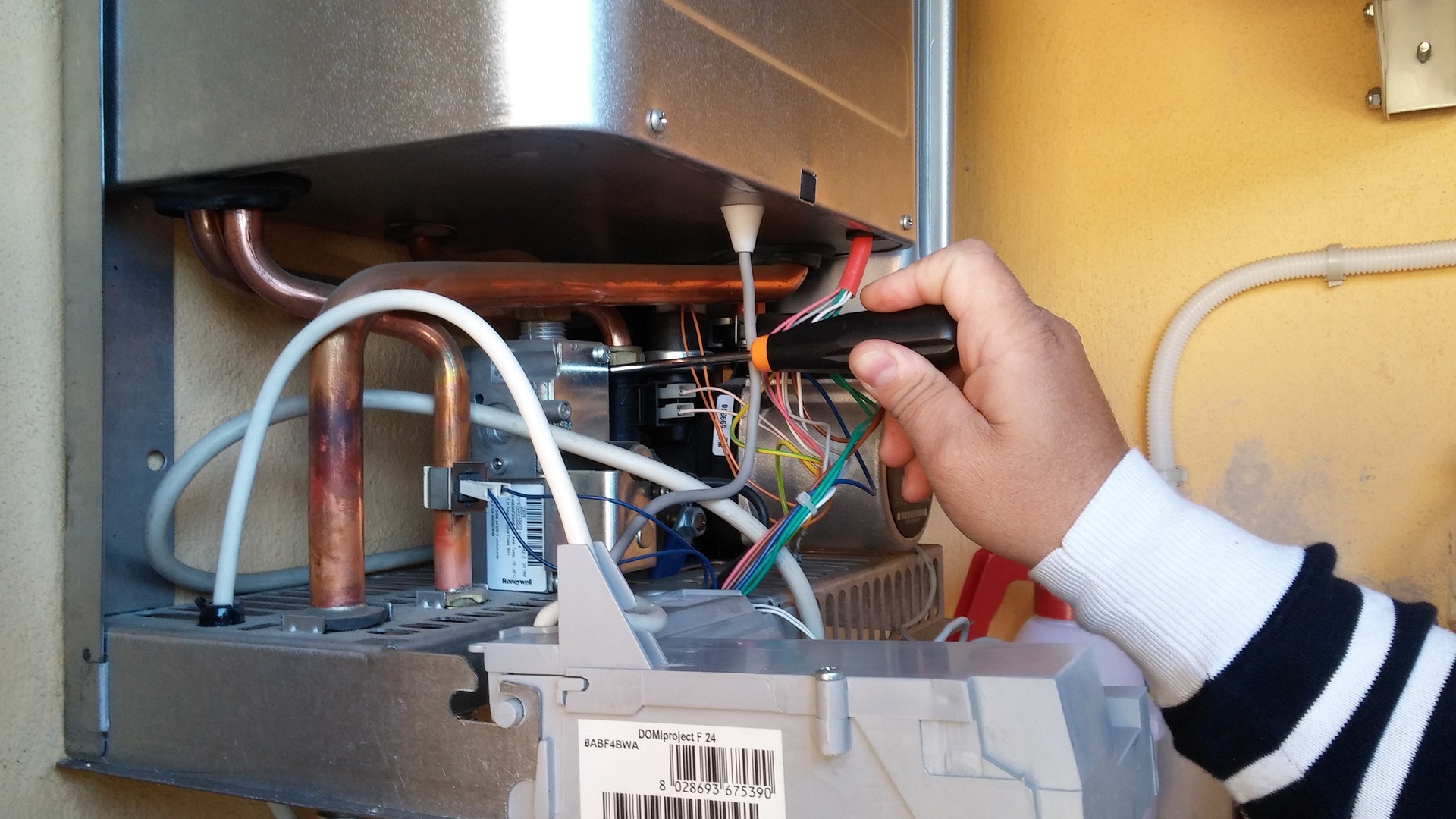Essential Guide to Heating System Repairs for UK Homeowners
When your boiler starts making unusual noises or fails to heat your home properly, understanding the repair process becomes crucial. Boiler breakdowns can occur at the most inconvenient times, leaving households without heating or hot water. Recognising the warning signs early and knowing how to select qualified repair professionals can save both time and money while ensuring your home remains comfortable throughout the year.
Boiler malfunctions can disrupt daily life and create uncomfortable living conditions, particularly during colder months. Understanding when your heating system requires professional attention and how to navigate the repair process effectively helps homeowners make informed decisions about their heating systems.
Identifying Signs of a Faulty Boiler Needing Repair
Recognising early warning signs prevents minor issues from developing into costly major repairs. Strange noises such as banging, whistling, or gurgling sounds often indicate internal problems requiring immediate attention. Unusual odours, particularly gas-like smells, warrant immediate professional inspection for safety reasons.
Inconsistent heating throughout your property suggests circulation problems or component failures within the system. Cold radiators, despite the boiler running, typically indicate pump failures or blockages in the heating circuit. Yellow flames instead of blue ones signal incomplete combustion, creating potential carbon monoxide risks.
Frequent pressure drops or consistently low water pressure readings point to leaks or expansion vessel problems. Increased energy bills without corresponding usage changes often reflect declining efficiency due to internal component wear or scaling issues.
Steps to Choose a Reliable Boiler Repair Service Provider
Selecting qualified professionals ensures safe, effective repairs that comply with current regulations. Verify that technicians hold Gas Safe registration, the legal requirement for anyone working on gas appliances in the UK. Request to see identification cards and check registration numbers on the official Gas Safe website.
Obtain multiple quotes to compare pricing and service offerings from different providers. Reputable companies provide detailed written estimates outlining labour costs, parts requirements, and completion timeframes. Emergency call-out services often carry premium charges, so understanding pricing structures helps budget accordingly.
Check customer reviews and testimonials from previous clients to gauge service quality and reliability. Local recommendations from neighbours or community groups often provide valuable insights into trustworthy service providers in your area.
Inquire about warranties on completed work and replacement parts. Established companies typically offer guarantees ranging from six months to several years, demonstrating confidence in their workmanship.
Common Boiler Problems and Effective Repair Solutions
Frequent boiler issues have established repair approaches that qualified technicians can implement efficiently. Pilot light problems often result from thermocouple failures or gas supply interruptions, requiring component replacement or system adjustments.
Circulation pump failures prevent hot water from reaching radiators effectively. Replacement pumps typically cost between £150-£300 including installation, depending on boiler type and accessibility.
Limescale buildup in heat exchangers reduces efficiency and can cause complete system failures. Power flushing removes accumulated debris and scale, restoring optimal performance. This preventive maintenance typically costs £300-£500 but extends boiler lifespan significantly.
Pressure relief valve issues cause water discharge and pressure fluctuations. Replacement valves cost approximately £50-£100 plus labour charges, making this a relatively affordable repair.
Thermostat malfunctions prevent accurate temperature control, leading to overheating or insufficient heating. Digital thermostat replacements range from £100-£250 depending on features and complexity.
| Service Type | Average Cost Range | Typical Duration |
|---|---|---|
| Diagnostic Visit | £60-£120 | 1-2 hours |
| Pump Replacement | £150-£300 | 2-3 hours |
| Thermostat Replacement | £100-£250 | 1-2 hours |
| Power Flush | £300-£500 | 4-6 hours |
| Heat Exchanger Repair | £200-£600 | 3-5 hours |
| Annual Service | £80-£150 | 1-2 hours |
Prices, rates, or cost estimates mentioned in this article are based on the latest available information but may change over time. Independent research is advised before making financial decisions.
Regular maintenance prevents many common problems from developing into expensive repairs. Annual servicing identifies potential issues early, maintaining efficiency and extending equipment lifespan. Professional technicians clean components, check safety systems, and adjust settings to optimise performance.
Emergency repairs during weekends or holidays typically incur additional charges ranging from 25-50% above standard rates. Planning non-urgent repairs during regular business hours helps control costs while ensuring proper attention to detail.
Understanding your boiler’s age and condition helps determine whether repairs represent cost-effective solutions or if replacement might be more economical. Systems over 15 years old may benefit from replacement rather than continued repairs, particularly when efficiency improvements offset initial investment costs.
Maintaining detailed records of repairs and services helps track system performance and assists technicians in diagnosing recurring problems. This documentation proves valuable for warranty claims and insurance purposes when needed.





